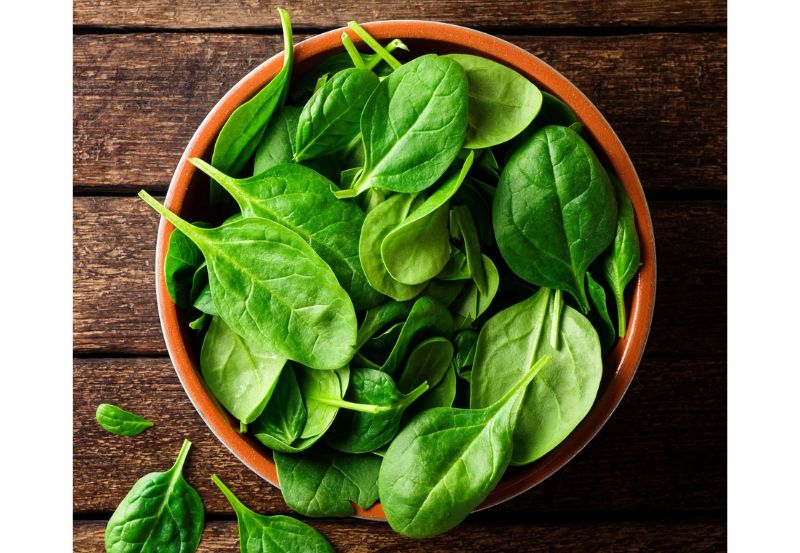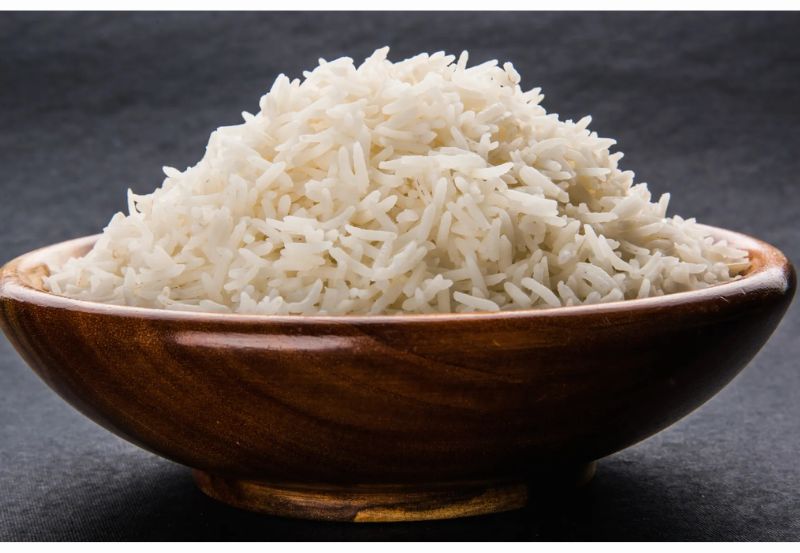You can have meals that are not only tasty but also healthy and safe by putting an emphasis on freshness and appropriate handling.
Foods, particularly leftovers, are frequently reheated in kitchens all around the world. However, experts seem to agree that reheating is unhealthy. It is critical to recognize that not all foods respond favorably to this process.” This is because reheating certain foods might lead them to lose their safety, flavor, and texture.
Thus, let’s see why it’s not a good idea to reheat some foods.
TEA

Tea’s delicate ingredients, such as polyphenols and antioxidants, add to its flavor and health advantages. During the initial brewing process, tea produces several different chemicals, such as catechins and tannins. These components can break down when tea is reheated, which might result in a loss of flavor and possibly even health advantages.
Caffeine, which is included in tea, can concentrate when heated and may have negative effects such as jitters or insomnia. Due to the breakdown of certain components and variations in pH, reheating tea may also increase its acidity.
Tannic acid is a polyphenol component present in tea leaves that can be released when the tea is heated again.Tannic acid can make tea taste more acidic, especially if it has been warmed multiple times.
Moreover, the tea may become more acidic if it is allowed to stand for a long time after brewing and then warmed, as the bacteria in the tea may ferment and produce acidic byproducts. Drinking acidic beverages, such as reheated tea, might make symptoms worse for people who are predisposed to acid reflux or other gastrointestinal problems. It’s best to make tea fresh every time and refrain from reheating in order to minimize acidity and guarantee the finest flavor and benefits.
Spinach

Furthermore, the oxidation of iron in reheated spinach may have an impact on its nutritional value since the body may not be able to absorb oxidized iron as easily as it would absorb non-oxidized iron, which might lower the spinach’s total iron bio-availability. Moreover, iron loses some of its flavor due to oxidation.
Additionally, spinach that has been warmed often has a slimy texture and bitter flavor that detracts from its appeal. “Eating fresh spinach or incorporating it into dishes without reheating is recommended to preserve the nutrients and avoid the formation of harmful compounds.”
Cooking oil

Cooking oil can lose quality and safety when it is reheated due to chemical reactions. Repetitive cycles of heating and cooling might result in the creation of trans fats and dangerous substances like aldehydes, which are linked to inflammation and heart disease.
Furthermore, heating oil above its smoke point can release harmful gases and give meals an off flavor. It is best to use new oil for every cooking session and to avoid warming oil more than once in order to preserve its integrity.
Mushrooms

Because they are porous and readily absorb moisture, mushrooms are perfect for bacterial growth. Warming mushrooms can encourage bacterial development and raise the possibility of contracting a food borne illness. Additionally, many substances found in mushrooms, such as polysaccharides, can change in flavor and texture when cooked through enzymatic processes.
Consuming warmed mushrooms may cause a loss of freshness and flavor. Mushrooms contain a variety of proteins, including enzymes and structural proteins, that contribute to their texture and nutritional value. “When mushrooms are cooked, these proteins undergo structural changes through a process called denaturation.
When mushrooms are reheated, the denaturation process might continue or repeat itself, resulting in additional alterations in protein composition.
This can cause changes to the texture, flavor, and nutritional qualities of mushrooms. “Reheating mushrooms can also cause the breakdown of certain protein molecules into smaller peptides and amino acids via processes such as hydrolysis.” This can have an impact on the mushrooms’ total protein level and composition, potentially altering their taste and digestion,” specialist explained.
To reduce protein degradation and preserve mushroom quality, specialist recommends lightly reheating them and avoiding extended heat exposure.
Rice

Bacillus cereus, a bacteria often found in rice, can survive cooking and multiply if left at room temperature for a lengthy period of time. Food poisoning could arise from these bacteria and their toxins, which are not always eliminated by reheating rice.
To avoid food-borne illness, cooked rice should be stored carefully in the refrigerator and consumed within a day or two.
“Understanding the reasons for the warnings against reheating goods such as tea, spinach, cooking oil, mushrooms, and rice will help you make informed food preparation and storage decisions. By focusing on freshness and correct handling, you may enjoy meals that are not only delicious but also safe and nutritious,” specialist said.
